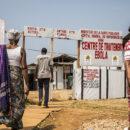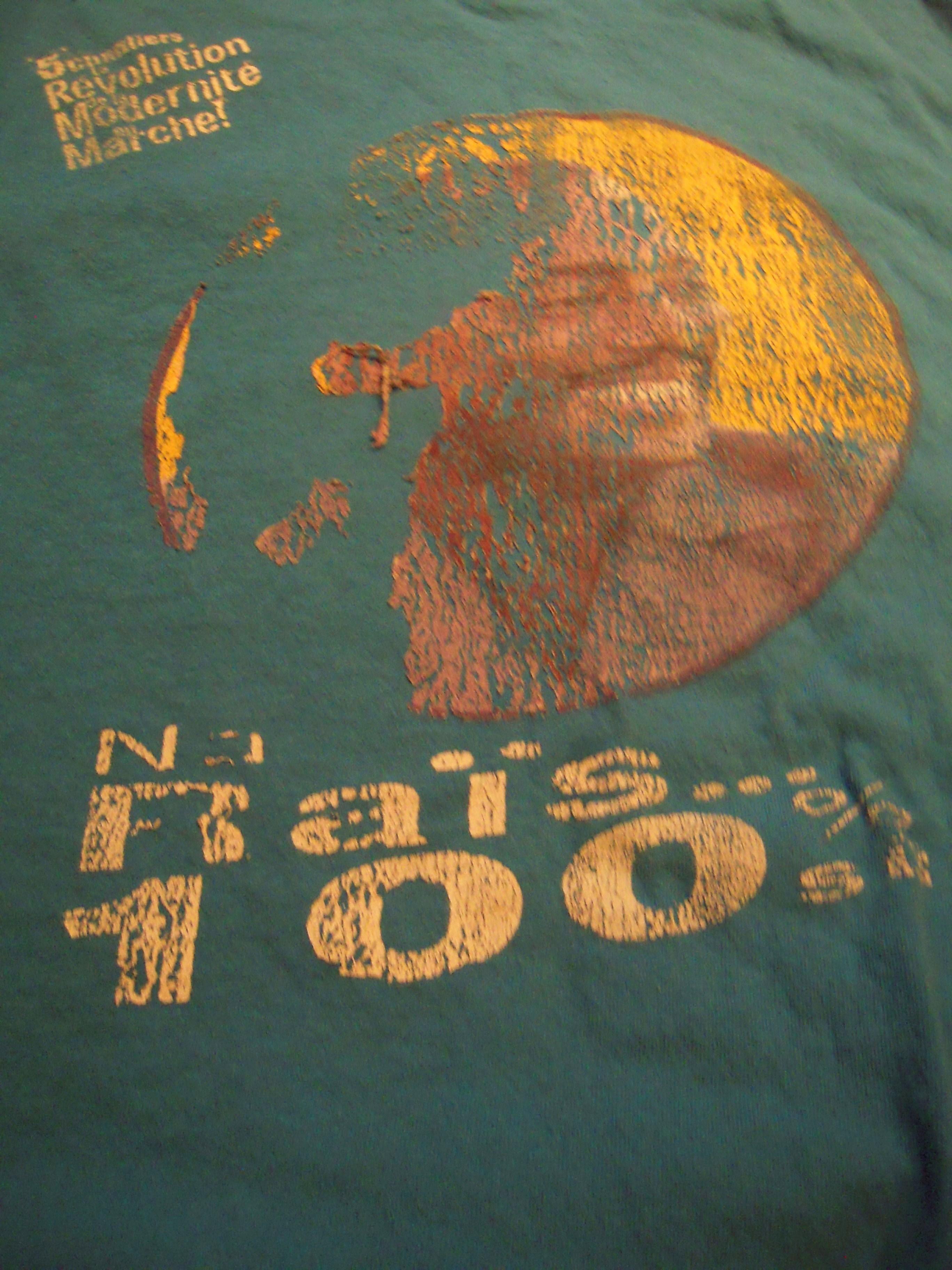Humanitarian Dilemmas in Darfur
With 13,000 humanitarian workers and a hundred relief agencies, Darfur hosts the largest humanitarian operation in the world. The aid apparatus started to be deployed in Western Sudan in mid-2004 in a context of acutely high mortality among civilian displaced living in camps and those remaining in rural areas. Since that time – thanks to the relief effort and a decrease in violence – the overall health situation has improved, though it remains extremely fragile. While people are no longer dying en masse in Darfur, there are still pockets of excess mortality, and humanitarian organizations are facing new problems, due as much to the trans- formation in the political/military environment as to dysfunctionality in the aid system.
The dynamics of the violence in Darfur have become much more complex over the past two years . Today, the conflict between the central government and the rebel movements (which took to arms four years ago to protest against the political and economic marginalization of their region) is tightly intertwined with at least three other wars. The first, between the governments of Chad and Sudan, is being fought by air and rebel proxies . The second pits the rebel factions that have emerged from the fragmentation of opposition forces along community, political, or personal lines””a fragmentation skillfully fueled by the government, with whom certain factions have made alliances. And the third is between the various paramilitary militias recruited from among the nomadic tribes to carry out the 2003-2004 campaign of destruction. Showing increasing autonomy from the government, these militias (called the Jenjaweed by their victims) engage in bloody battles for, among other things, control of the territories seized from the farming populations now gathered in IDP camps. More generally, there is a profound lack of trust developing between the government and the militias. Some have joined the rebel movement or formed their own military and political organizations. Others are now operating as mercenary groups, selling their services to the highest bidder.
Read the full text of Humanitarian Dilemmas in Darfur here.
Fabrice Weissman is director of research at CRASH/MSF Foundation.
His article is posted on the MSF Website.







Humanitarian access to the refugee population in Chad has also been difficult, in part due to the remoteness of the border area and in part due to insecurity. It is attempting to establish refugee camps away from the border in order to provide greater protection.
TrivaniTeam – trivani, Purpose Marketing, humanitarian, aid, MLM, residual, income